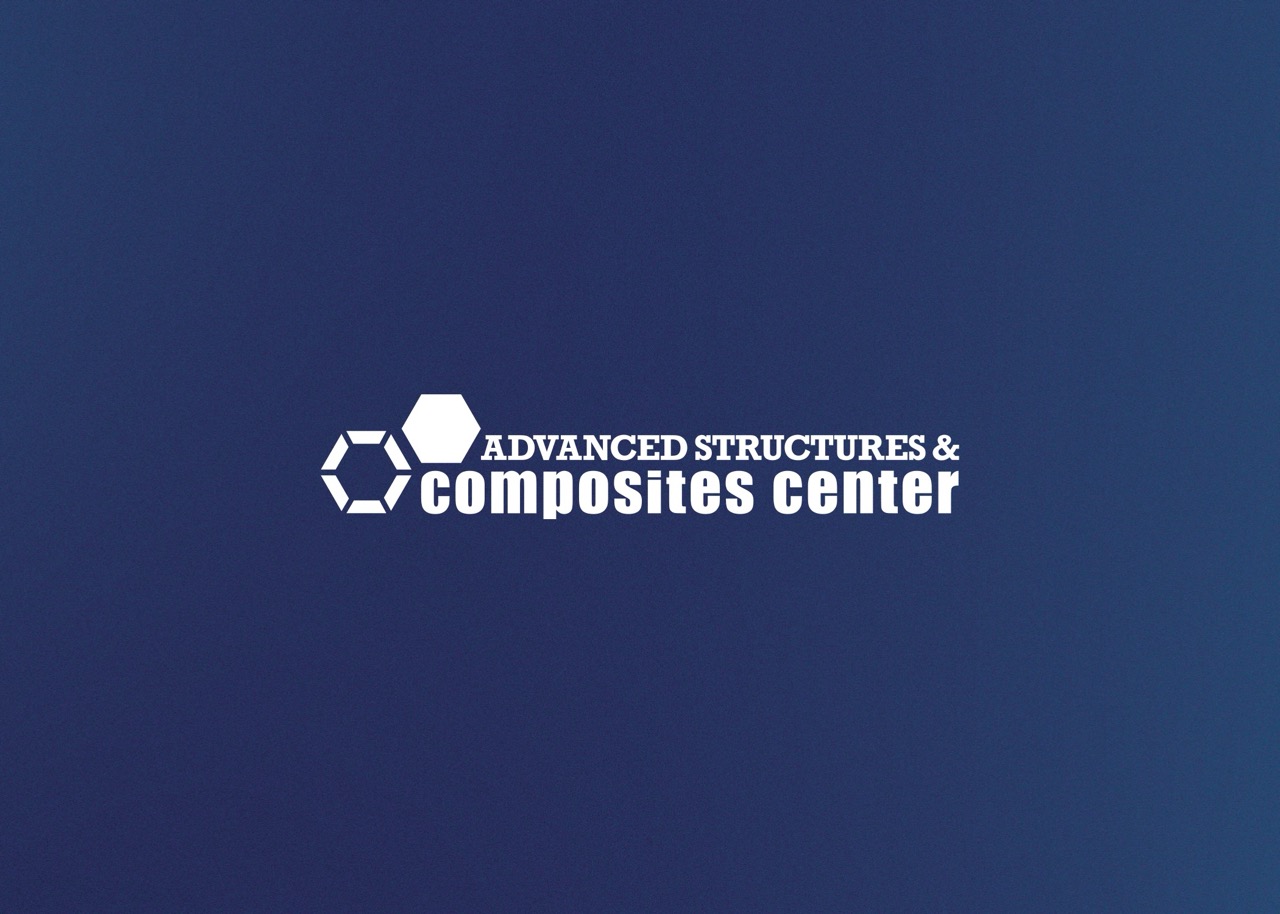
Project Spotlight: UMaine Engineers Help Transform Military Supply Chains
The University of Maine’s Advanced Structures and Composites Center (ASCC) is driving a critical shift in how resources are managed and logistics are handled in operational environments. Leveraging its expertise in materials science and large-scale additive manufacturing, the ASCC is establishing a reliable system to convert low-value waste materials into high-performance, functional assets while reducing logistical burdens, cutting costs, and promoting circularity in military operations.
The project’s primary objective is to improve logistical resilience by minimizing the volume of materials required for transport into operational theaters. By enabling the creation of new parts from locally sourced waste materials, the system mitigates dependence on conventional, complex supply chains. This requires a comprehensive design approach, integrating the specialized, large-scale 3D printer developed in partnership with re:3D, the high-throughput extruder modeled by University of Massachusetts Lowell, and the custom material formulation provided by the ASCC. The ultimate goal of the project is to progress from using uniform, pre-processed feedstock to the capability of printing directly from mixed waste, thereby maximizing the utility of available on-site resources.
The technical feasibility of this deployment relies heavily on the ASCC’s expertise in material science. Waste materials are inherently non-uniform, posing significant challenges to additive manufacturing processes that demand consistency. The ASCC research team is tasked with formulating reliable feedstock by combining common thermoplastic waste; such as Polypropylene (PP), Polyethylene Terephthalate (PET), and High-Density Polyethylene (HDPE); with cellulose fibers derived from wood and paper waste. This involves extensive research into optimizing the blend with appropriate additives to achieve desirable rheological properties for extrusion and superior mechanical properties in the final printed part.
Under the direction of Dr. Susan MacKay, the team, including Dr. Yousoo Han, Dr. Siamak Shams Es-haghi, and Dr. Andrew Gifford, conducts rigorous testing to characterize the physical, mechanical, and thermal performance of these novel composites, ensuring the output meets required engineering specifications. The team also included three students; Micah Morton, a UMaine junior; Sawyer Richard, senior; and Jack Bernardo, a junior.
By engaging student engineers in real-world problem solving, UMaine is also building the skilled workforce needed to power the future of sustainable manufacturing. Through initiatives like the new GEM facility collaboration between the ASCC and the Maine College of Engineering and Computing, students gain hands-on experience with advanced materials and additive technologies that bridge research, education, and industry. These opportunities prepare Maine’s next generation of innovators to lead in the global clean technology economy.
The successful implementation of this system yields profound economic and operational benefits. Economically, the conversion of waste into high-value functional parts represents significant savings by substituting costly procured raw materials with on-site, zero-cost input. Furthermore, the system addresses the substantial financial and logistical burden associated with waste disposal in on the ground.
Operationally, the rapid deployment capability drastically reduces lead times for critical parts. This model of resource utilization establishes a self-contained manufacturing loop that maximizes the efficiency of deployed forces and minimizes the requirement for resource extraction and transport. This innovation underscores UMaine’s capacity to translate advanced research into practical technologies that directly support national security and operational objectives.
This project builds on UMaine’s long-standing expertise in high-performance composites, large-scale additive manufacturing, and sustainable engineering. From offshore wind platforms to bio-based composites, the ASCC continues to demonstrate how innovation born in Maine can address the world’s toughest challenges—turning today’s waste into tomorrow’s strength.
Contact: MJ Gautrau; mj@composites.maine.edu
